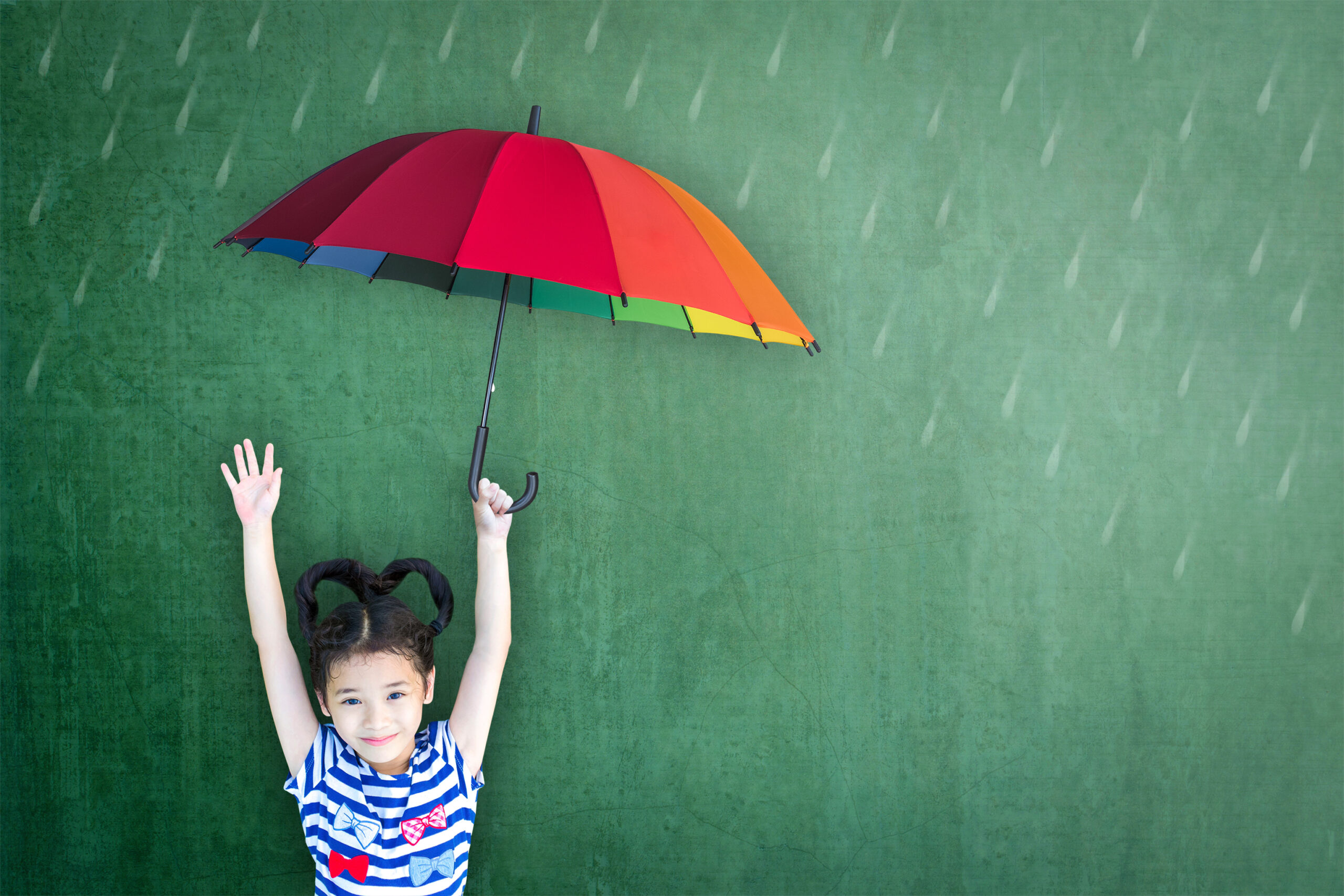“Stressed and overwhelmed!” That’s how 10-year-old Owen* says he’s feeling, amidst the third wave of the COVID-19 pandemic in Ontario. When asked if there’s anything that would help him feel better, he replies: “COVID being over. I feel like it’s never going to end.”
A few weeks after being told by the police that he couldn’t toboggan with a friend, Owen became overwhelmed by all the restrictions and precautions. “I had a big breakdown one night about COVID where I didn’t really want to live anymore, and stuff,” he says. “It was just everything. It was too much.” While he’s feeling a bit better now, he says the overwhelming feelings still come in waves.
Maya*, who is 15, feels the same. “Sometimes you’ll be having a pretty good day and then a really bad story will pop up on Apple News,” she says. The grade 10 student’s stress is compounded by an extra layer of pressure she feels around school. Her school year has been disrupted many times, online learning is challenging, and because of the quadmester system put into place in Toronto, she’s had a whole year’s worth of learning accelerated into 10-week terms. “In normal years I often would worry about falling behind, now everything is going four times as fast, and it’s overwhelming.”
Maya and Owen are not alone. In fact, health professionals are reporting a sharp increase in the number of young people seeking help for deteriorating mental health, both in Canada and around the globe. At McMaster Children’s Hospital in Hamilton, Ontario the number of young people admitted for medical care after a suicide attempt has tripled over a four-month period compared to last year. During the same time period, youth admitted to the hospital with substance use disorders has doubled and referrals to the hospital’s eating disorders program have also increased by 90%.
The kids are not alright. And health professionals, parents, and educators are worried. No one knows what the long-term impact will be on this generation’s mental health and well-being. No one knows what all this stress, anxiety, apathy, and depression will lead to.
But there’s got to be a silver lining; a way to help kids learn from this life-altering experience and come out stronger, more resilient, more compassionate, and better prepared for a changing world.
One resource that’s currently gaining traction in schools is Social Emotional Learning (SEL). Widely recognized as a way to support mental health and well-being, SEL helps kids make sense of and manage their emotions, set realistic goals, build positive relationships, and develop coping strategies for life’s challenges. SEL also affords kids the opportunity to come out of their challenges, stronger and healthier.
Sounds like exactly what we need, doesn’t it?
By fostering positive mental health in young people, SEL can also help create more positive, inclusive learning environments. That’s where Captains & Poets comes in. “We are on a mission to ignite self-awareness, well-being, and connection in students by supporting educators and providing them with tools that will help kids thrive,” says the program’s co-founder Jennifer Johnson. “We believe that kids are resourceful, whole beings who have everything they need to face the challenges in front of them,” she explains. “The Captain and Poet act as their inner compass to help navigate these really difficult times.”
With a focus on self-awareness, self-compassion, self-acceptance, self-expression, and social awareness, the program helps kids foster emotional courage and inspired action.
While we’ve all had days where it feels like COVID will never end, Owen knows in his heart that there are things to look forward to. He says he’s excited for the day he can be back in school with his classmates and go on long bike rides with his friends. Maya is eagerly awaiting the chance to see a stadium concert again, and to travel. “Even just having people in our houses again,” she says, “that’s definitely something I took for granted.”
To support kids and teens through COVID and beyond, educators and parents will have to come together like never before. Things that were once considered add-ons to the curriculum will need to be included, and mental health and well-being will find an essential place in the classroom.
“It’s certainly not all bad news,” Jennifer says. “But to help kids access their inner resilience and strength, they’re going to need guidance and support. We believe schools can play a significant role in that.”
*Names have been changed to protect individuals’ privacy.

